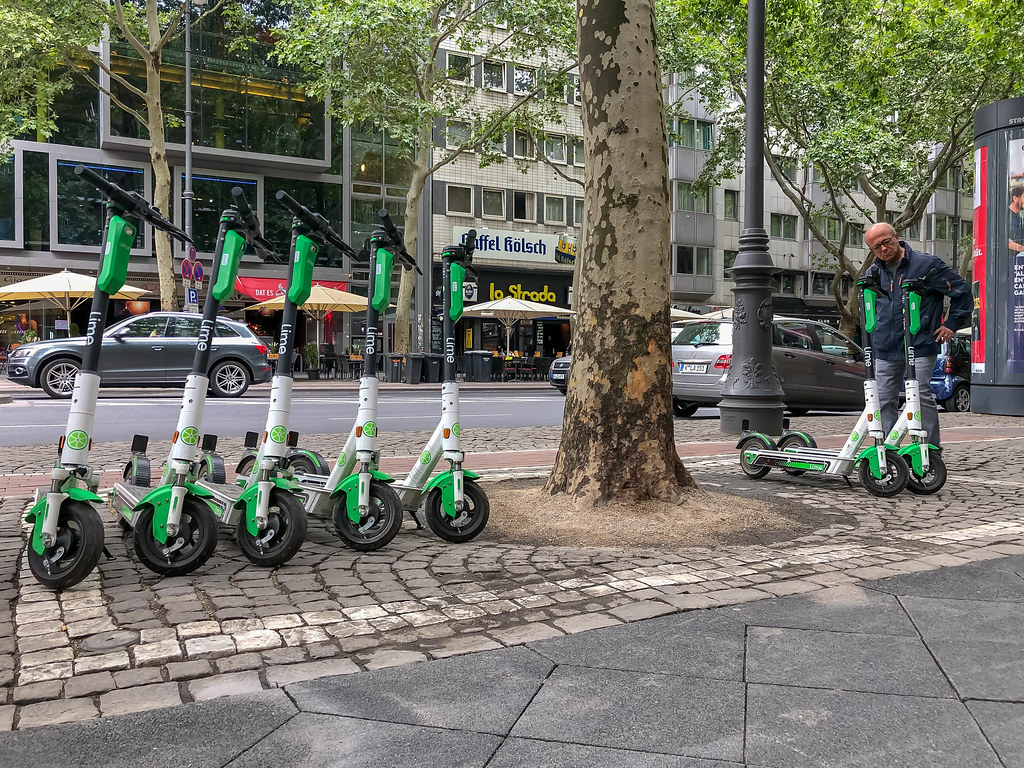As legislators debate whether E-scooters are a safe mode of commuting, a new study by the Royal Society for the Prevention of Accidents (RoSPA) found that e-scooters are significantly less risky than many other forms of transport on Britain’s roads.
For every million miles traveled on an e-scooter, there were 0.66 collisions, which was five times lower than bicycles with 3.33 collisions per million miles travelled and nine times lower than the incident rate of 5.88 for motorcycles, it said.
The RoSPA carried out this study with technical assistance from safety-focused e-scooter operator Neuron Mobility. The report assessed the scale and nature of injury risk associated with e-scooters in comparison to other modes of transport, using 2020 data from the Department for Transport (DfT) and Neuron.
Last month, the Secretary of State for Transport, Grant Shapps told the Commons Transport Select Committee a legislation to regulate private e-scooters was being considered and an announcement was expected on May 10.
Currently, e-scooters that are part of a trial rental scheme are allowed on roads in England. Even though it is illegal to drive private e-scooters, it is not uncommon to see them in metropolitan areas and towns across England. While discussing merits and demerits of private e-scooters, some expressed concerns over their safety as these were involved in many collisions, including fatal ones. Others were of the view that people are using them already, so it was important to have a law that regulates them.
Owing to the Government’s ongoing trial scheme and illegal use of private e-scooters, the numbers of e-scooters in the UK have been increasing sharply since 2020, the RoSPA said. Therefore, it said there is a pressing requirement for further research into how the safety of these devices shapes up against other vehicles.
In case of the incidents that did occur on e-scooters, 94% took place in local authority areas that were not operating an e-scooter trial as opposed to areas with shared e-scooters available, the study found. This further highlights that, so far, the UK’s shared e-scooter trials have proven to be remarkably safe, it said.
Shared e-scooter schemes feature a range of safety innovations and stricter rules and regulations when compared to privately owned e-scooters which are currently illegal for use on public land, the report said.
As per the Government’s proposed legislation, private e-scooters have to comply with safety features, such as automatic lights and an upper cap of 15.5mph on speed limits, similar to those in the trial. Shapps told the Committee that he would crack down on the illegal use of non-compliant e-scooters.
Based on its findings, the RoSPA recommended further improvement in road infrastructure, such as segregated bike and e-scooter lanes; Safety standards like indication, lighting, and braking; use of helmets; and mandatory training on the Highway Code and the practical operation of e-scooters.
